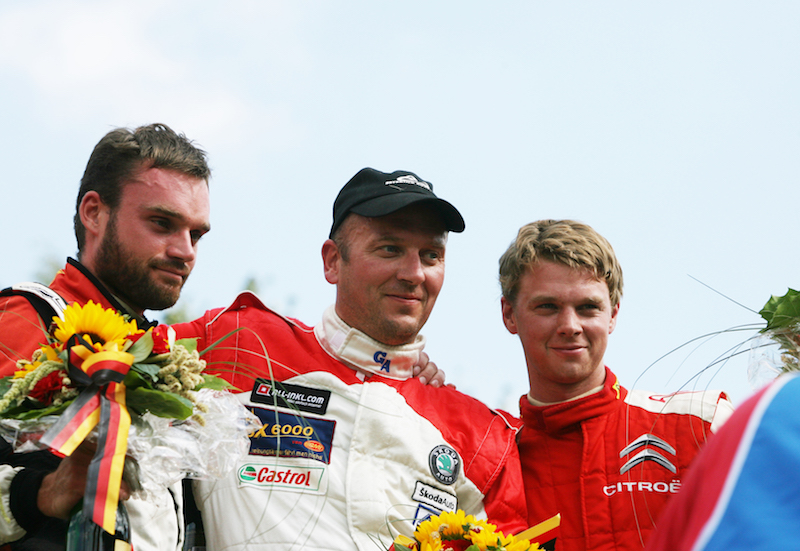Why Volland Racing in Projekt E is a recipe for success
by Hal Ridge |
Volland Racing confirmed this week that it will undertake a programme in the new Projekt E electric rallycross series from the start of 2021 at the latest, running alongside its successful Super1600 effort in the World Rallycross Championship’s support category roster.
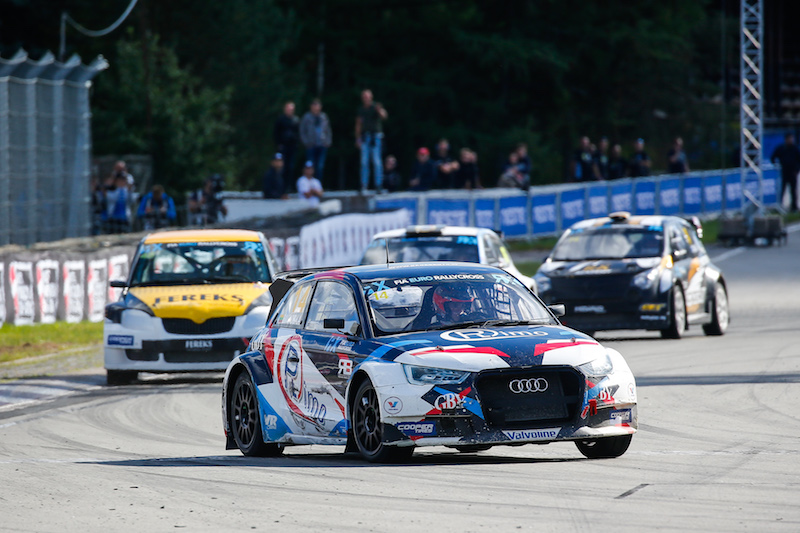
Now, take nothing away from experienced campaigners Holten Motorsport, who have finished on European Rallycross Championship podiums no-less, or Polish rally squad Rallytechnology, but the announcement from the German outfit, the third team to sign up to Projekt E, is arguably the biggest news for the series yet, and right up there for news about electric rallycross commitment in general.
And that’s not just because the Volland squad is the current dominant force of the FIA European Rallycross Super1600 Championship. Team owner Rolf Volland is not a man to jump into anything without impeccable consideration.
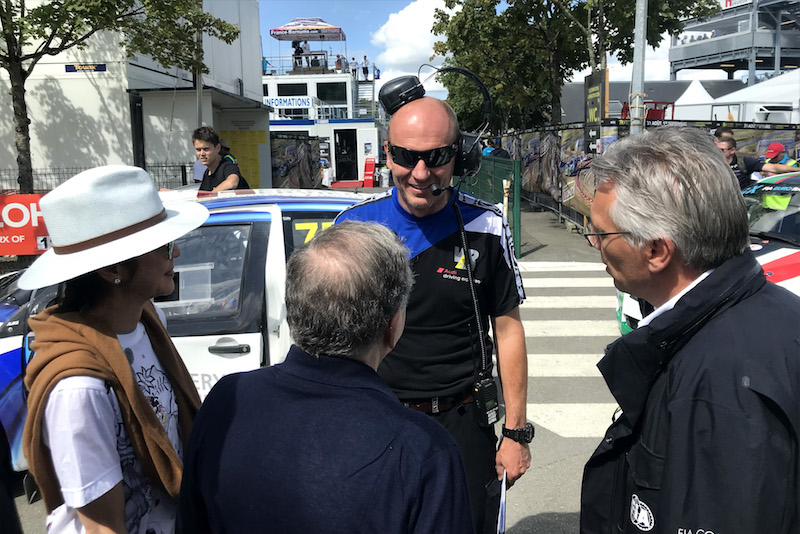
With his box-fresh Audi A1 Super1600 cars sitting in his Hilpoltstein workshops basically ready to go through the early part of the 2018 season, and for some time before that too, many wouldn’t have been able to resist getting the new model on track as quickly as possible, but not Volland.
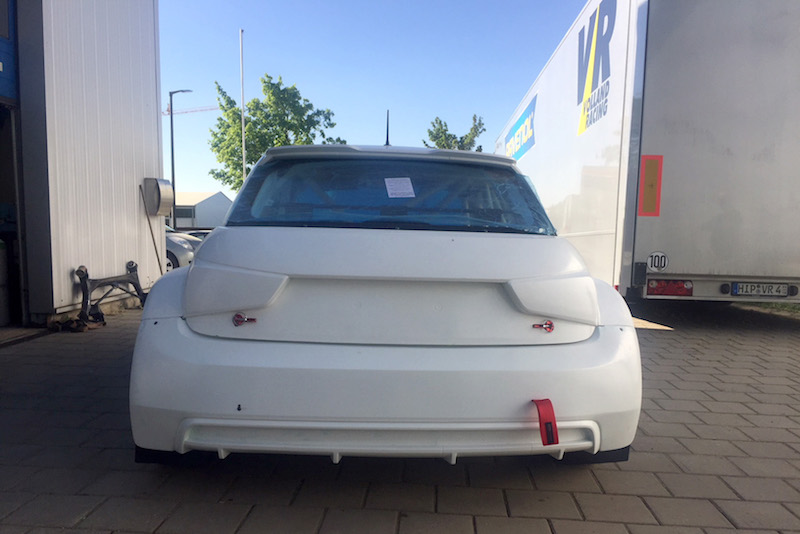
Only after numerous tests and back-to-back evaluations was the A1 deemed to be ready to replace the Skoda Fabia it superseded, and when it was introduced at the Norwegian round of the 2018 campaign, it was immediately on the pace, and finished on the podium in the hands of champion elect Rokas Baciuska.
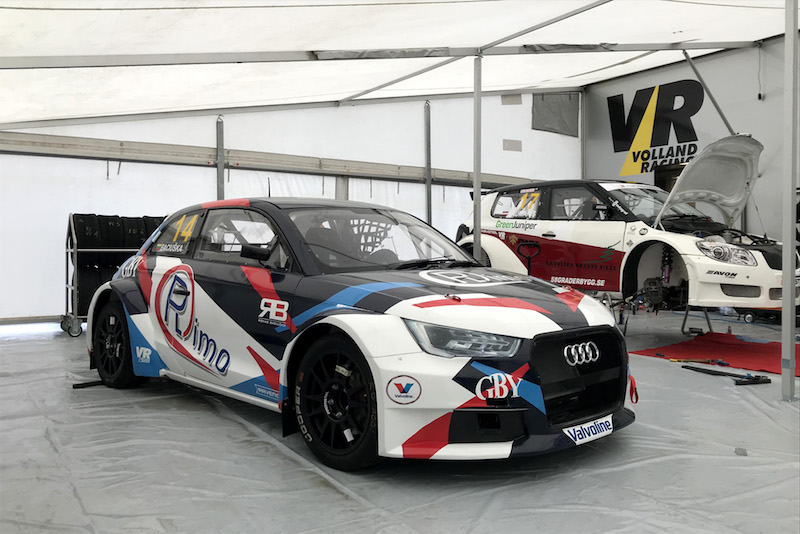
The only cars to beat Volland’s new machine that day were his own Fabia, and a Renault Twingo run by Finnish squad SET Promotion. There are numerous similarities to draw between the two outfits. Both Rolf Volland and the Pinomaki brothers, Jussi and Kalle, plied their trade as drivers before starting to run commercial rallycross teams, which the two different squads have been among the most successful at executing throughout the entire sport.
The two teams have been at the forefront of the Super1600 category too, and although they draw on their own unique attributes, from their own Germanic and Nordic backgrounds respectively, neither outfit jumps into anything without thorough groundwork and consideration. After all, Volland won no less than 13 domestic rallycross titles in Germany, until 2010, in both two-wheel drive and four-wheel drive (Supercar) categories, along with a handful of European Autocross crowns, but knew what he wanted to achieve and didn’t get carried away with lofty aspirations, like many others have done over the years, of racing on the international rallycross stage regularly. It’s that mindset too that has stopped Volland returning to Supercar as a commercial team most recently, instead focusing on delivering a first-class service to rising talents he’s discovered from a range of disciplines, in the field he knows best.
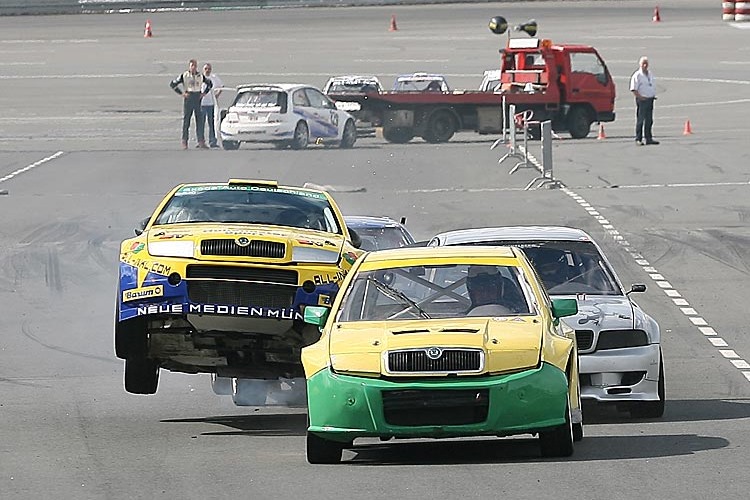
Volland is yet to confirm what model of car he will run in Projekt E, fitted with STARD’s REVelution electric powertrain kit, which could be seen as soon as the final round of the 2020 season at the Nurburgring. It can be assumed though, based on the cars that the German has run previously, that it will be from the VAG stable, a Volkswagen, Skoda or Audi. Away from rallycross, Volland also spends substantial time working with Audi in its driver training programmes, this is a man with key links to manufacturers that has allowed him to undertake the projects he has in recent years.

For an indication of how well prepared Volland’s new machine will almost certainly be when his first electric creation hits the circuit, you need look no further than how developed the A1 Super1600 was when it made its maiden appearance, refined in almost every area over the title-winning Fabia.
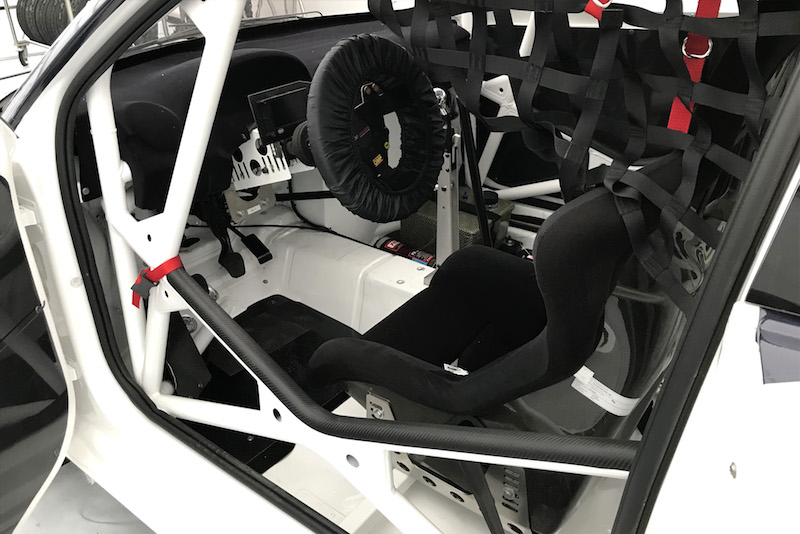
That model of Fabia, and the one before it too, only validates Volland’s meticulous preparation skills further. When the Fabia Mk2 was introduced onto the international stage for the German round of the European Championship in 2009, at Estering, Volland dominated proceedings, and claimed victory, while at home he took his 12th DRX title with the car.
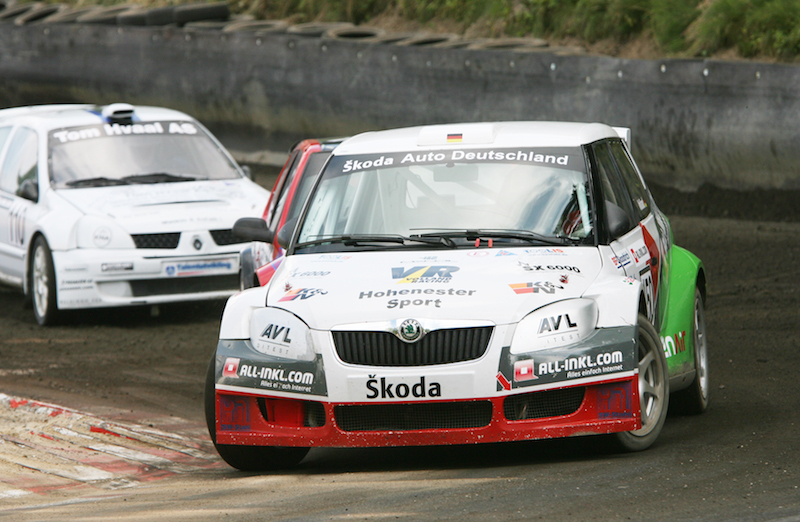
The previous year, he’d prepared for building his first Super1600 car by renting a similar Fabia from experienced Czech campaigner Zdenek Cermak.
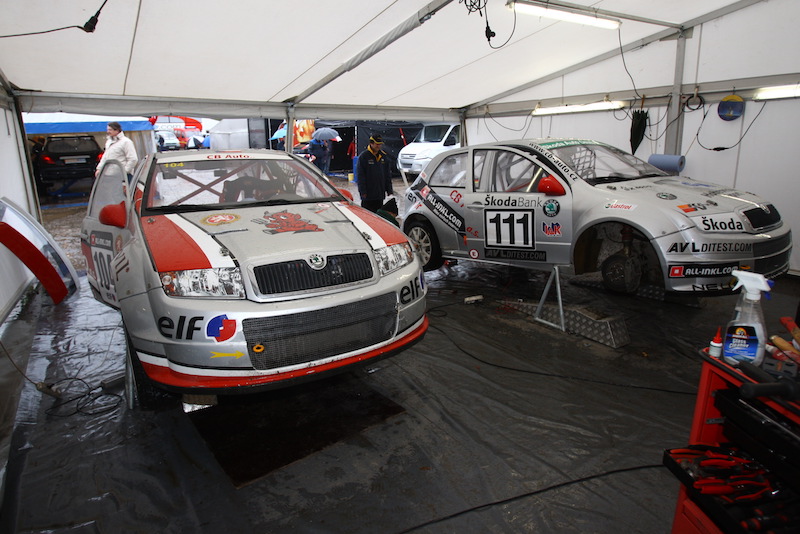
Most recently though, aside from winning five of the last six Euro RX Super1600 titles, look no further than running a Volkswagen Golf for Krisztian Szabo in German Championship events in early 2018, helping to build the Hungarian’s four-wheel experience ahead of his Supercar debut. When Szabo, a double-Super1600 champion with Volland, did make that step in Euro RX Supercar, it was with the EKS team, and he stunned by claiming a debut podium at Loheac in France.
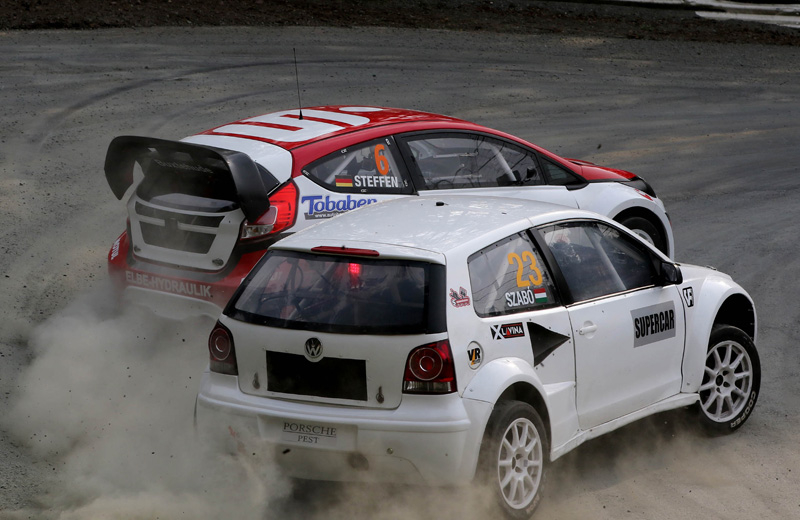
And all this is without referencing the work Volland has done with Muennich Motorsport and Rene Muennich, Mattias Ekstrom and EKS, or Rustam Minnikhanov (Hungary 2006 pictured below), to name just a few, in addition to the array of drivers who have been through his Super1600 school and achieved success.
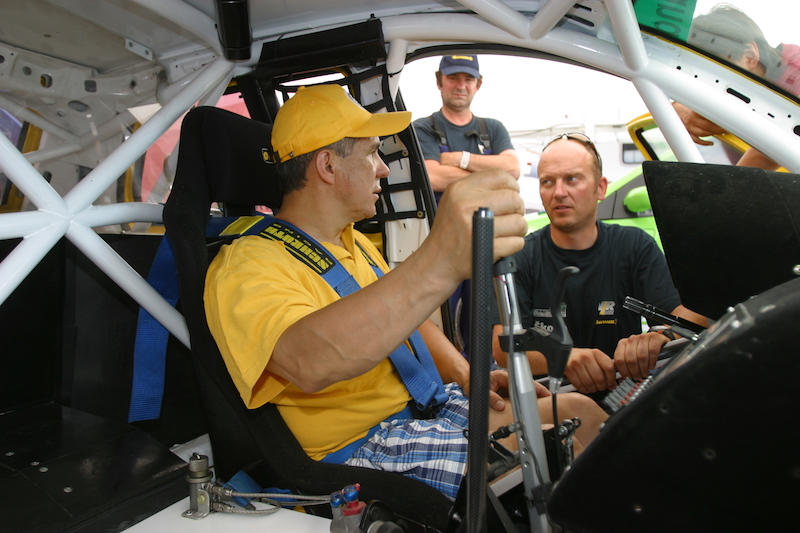
For electric categories in rallycross, like Projekt E, to be a success, there needs to commitment from commercial teams with both experience and long-time outlook. Volland has both of those attributes in abundance. Past form is no guarantee of future success, but it’s by adhering to that kind on mantra that Volland continues to push boundaries, clipboard in hand, and with capable drivers, there’s no doubt that his new electric machines will be right at the sharp end of the field.
